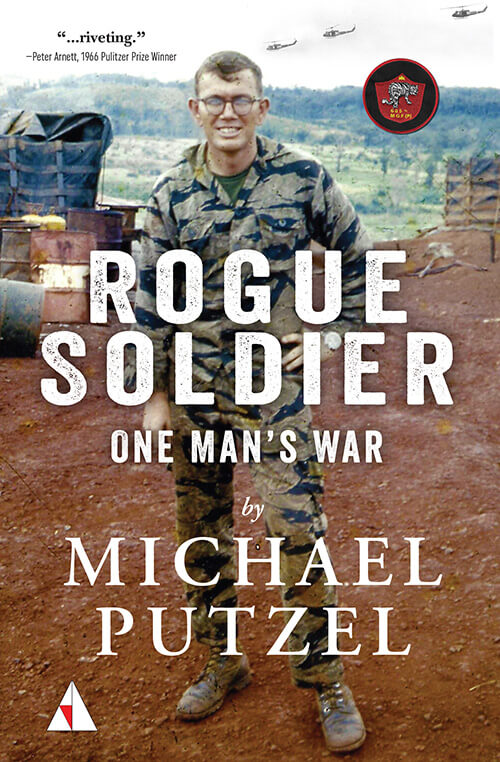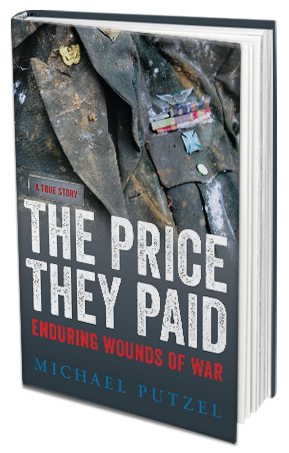Blog
“Emotional first aid” to head off PTSD
Posted by Michael Putzel • February 07, 2018
My cousin, Judith Putzel, specializes in preventing or interrupting PTSD among people who experience trauma in accidents, natural disasters, etc. She was quoted in an article by staff writer Liora Engel-Smith in the Keene, N.H., Sentinel on February 3, 2018, about extending compensation to first responders with the disorder. An excerpt from that story:
Not every grisly incident triggers full-blown PTSD, said Dr. Judith Putzel, a trauma specialist who is part of a statewide volunteer team called the Granite State Critical Incident Stress Debriefing Team. Putzel and other volunteers on the team talk to first responders after particularly difficult incidents, providing what Putzel calls “emotional first aid” — a guided conversation designed to help first responders move past the trauma.
“I would say PTSD, meaning disorder — meaning a really extreme reaction — I want to say, is not the norm. First responders have a tremendous amount of resilience, and that’s a key word,” she said.
Further complicating the issue, she noted, is the personal baggage people might bring to their jobs — did their loved ones die in car accidents or shootings? Did they have a traumatic childhood? And if responders know the person they are helping, as is often the case in small towns, their reactions could be even stronger.
Putzel, who lives in Nelson, helps area first responders work through traumatic events, such as accidents involving children, suicides and more. The conversation, which takes about an hour, starts with the facts. She asks responders to describe what happened, advancing from facts to their thoughts and reactions to the event. She asks them about their feelings — what was the worst part of the experience? Then she asks them about symptoms they’re experiencing — are they not eating or having trouble sleeping, for example? Putzel concludes by reiterating that the symptoms people may experience are normal and by discussing steps people can take to care for themselves. The process, she said, is different than therapy. She acknowledges people’s emotions, but doesn’t delve into them. The goal is to move through the process relatively quickly.
“Putting something into words … gives you control over something that feels out of control, and being able to name the feelings is helpful because it helps people to understand why they feel so crappy, or if they have a headache (after a traumatic event) that the headache is normal,” she said. “There’s great power in the words of people being part of a group and processing it as part of a group.”






